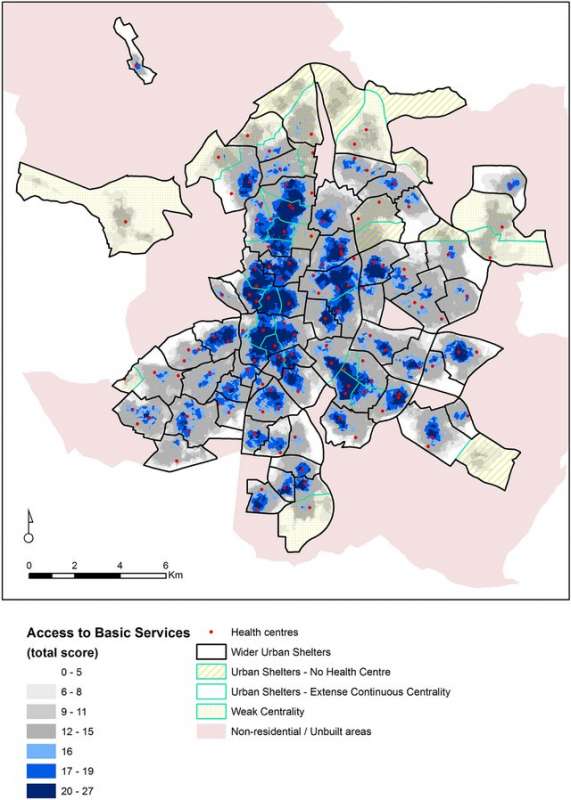Nuevo artículo: When a city must be a tree: rethinking the spatial approach to fighting epidemics based on the notion of ‘intermediate confinement’
Jose Carpio-Pinedo parte del equipo de TGIS firma este artículo de la revista Urban Design International
8 mar 2021 - 09:03 CET
Disponible en: https://bit.ly/3v6pUGf
Resumen
Principles of sustainability defend compactness, density and diversity as main characteristics of the optimal development of cities. These factors support public transport efficiency, economic activity, accessibility to equipments and services, proximity and walkability of streets and social exchanges in open public spaces. The Covid-19 pandemic crisis has called into question these factors perceived as booster of infections. However, dense and compact cities can also be the synonym of a more efficient provision of services, along with solidarity networks and creative solutions to fight the sanitary and economic crisis. Based on Alexander (1965) concepts of tree and semi-lattice, this study aims to identify areas in the urban tissue that could be self-sufficient, that is functionally autonomous to manage epidemics from the neighbourhood scale. Encouraging healthier lifestyles during lockdown is fundamental for social resilience. What alternative spatial approach to fighting epidemics could perform better? How could an intermediate confinement based on self-sufficiency and the promotion of healthier environments become a major priority for action? The analysis of Madrid (Spain) offers a suitable case study due to its density, diversity and high contagiousness during the Covid-19 crisis, revealing also some issues to apply such intermediate confinement strategy, due to major spatial imbalances.

